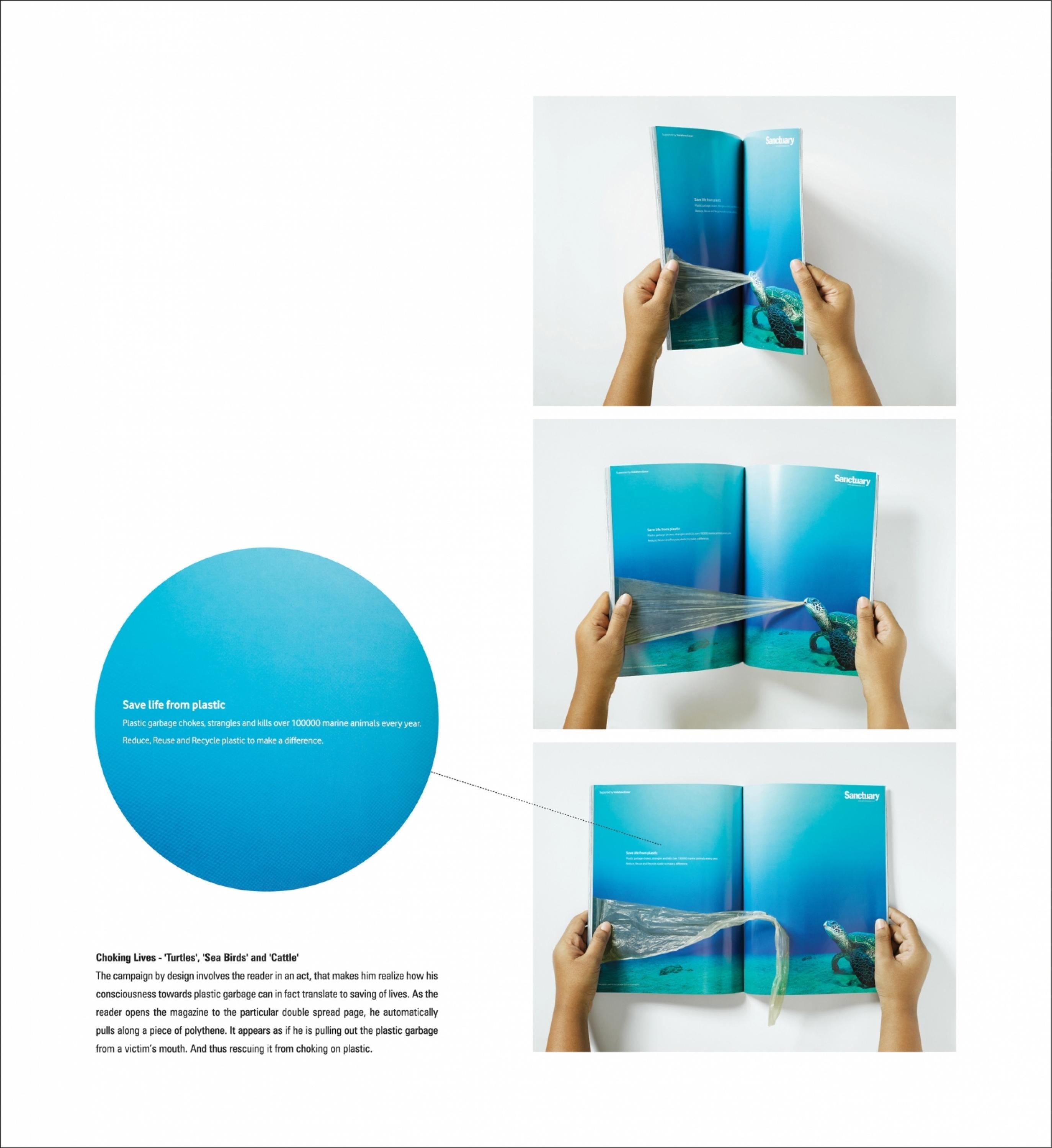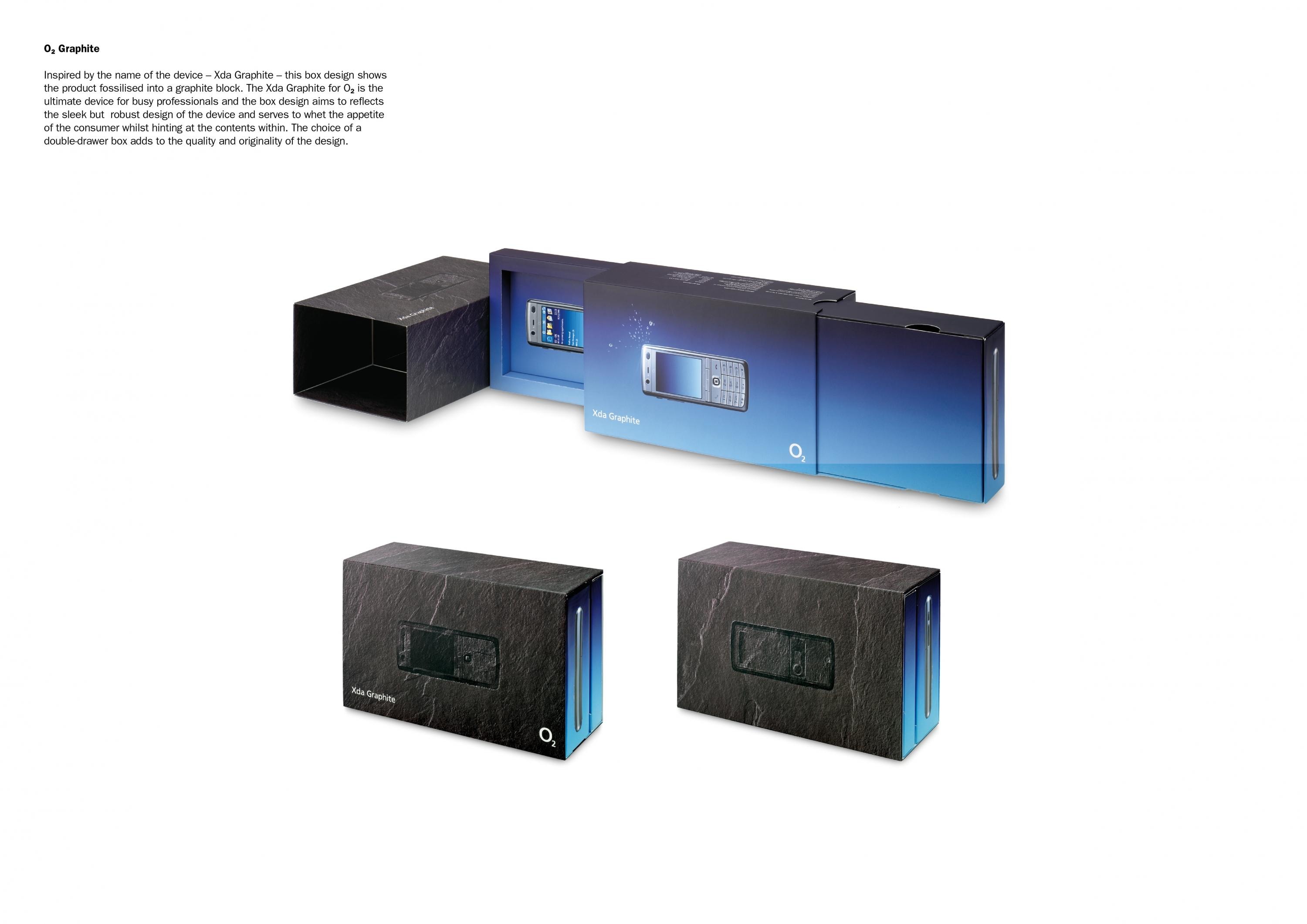Cannes Lions
VODAFONE'S QUEST TO PROVE AND DELIVER BETTER MARKETING ROI
DATAXU, London / VODAFONE / 2015
Overview
Entries
Credits
OVERVIEW
Execution
Vodafone set out to measure the effect of their various marketing channels – on and offline – on sales (acquisitions and retention). Applying science to the art of marketing has made it possible for them to increase sales by 7% without increasing their overall marketing budget.
Vodafone aligned their marketing strategy around data-driven insights derived from this project. They can now base all marketing decisions on causal proof that advertising is creating sales, and furthermore, measure the causal effect of their activities, thereby enabling budget reallocation based on scientific methods. This is not only revolutionary for Vodafone, but for the industry as a whole, as this has never been done before.
The benefits of pulsing go beyond measuring sales impact, it actually shows demand curves by pulsed channel, meaning that Vodafone can now identify optimal investment levels by channel. Re-allocating budgets according to demand has made it possible to reduce over- and underspend per channel and improve the efficiency of marketing investments by 10%. Vodafone have now optimised over £65 million worth of media budget.
Vodafone’s marketing team has fully adopted this framework and has access to all results in real time. However, it’s also important to remember that these results are additional to the ‘standard’ benefits of programmatic marketing – showing the right message to the right consumer at the right time. By running all their advertising through our programmatic marketing platform, they achieved another key goal for the brand – true 1:1, personalised communication.
We’re proud to say that we were able to apply our innovative platform for Vodafone to generate their own data and solve a large, strategic challenge, finding the best investment strategy for their advertising budget. Data is now firmly at the heart of Vodafone’s strategy and will inform their future marketing investment decisions.
Outcome
The ability to collect huge amounts of data – billions of data points in this instance – was an integral part of this project, but only a starting point. What really differentiates this from other marketing attribution projects is the statistical models that were created based on real-time insight from the multivariate pulse tests.
We tested five channels (digital branding, digital direct response, generic search, branded search and TV) from October to November 2014, running concurrent multivariate testing in eleven regions in the UK. During this period we ran 500 randomised experiments and the pulse analysis data showed Vodafone the short term impact each media channel had on their omni-channel sales.
Compared to traditional econometrics models, the pulse technique provides scientific rigor to marketing ROI measurement. The statistical model attributes sales to each channel based on the spend levels, lag and weekly seasonality. The datasets for all Vodafone UK investments and results, stored within the platform, are modelled and curves of saturation per channel are identified. This allows Vodafone to define points of optimal investment and provides recommendations to re-allocate budgets from channels where Vodafone over-invested to others where they under-invested. For example, if Vodafone wanted to invest another million pounds of their marketing budget in the UK, our platform would help them make an informed decision on where best to invest and what outcome this would have on consumer purchase behaviour.
The creative use of data was what really powered this initiative. This ‘test and learn’ methodology provides causality and through our custom built dashboard Vodafone can see the results in real time via easy to understand charts and can then act on these insights accordingly.
Similar Campaigns
12 items






